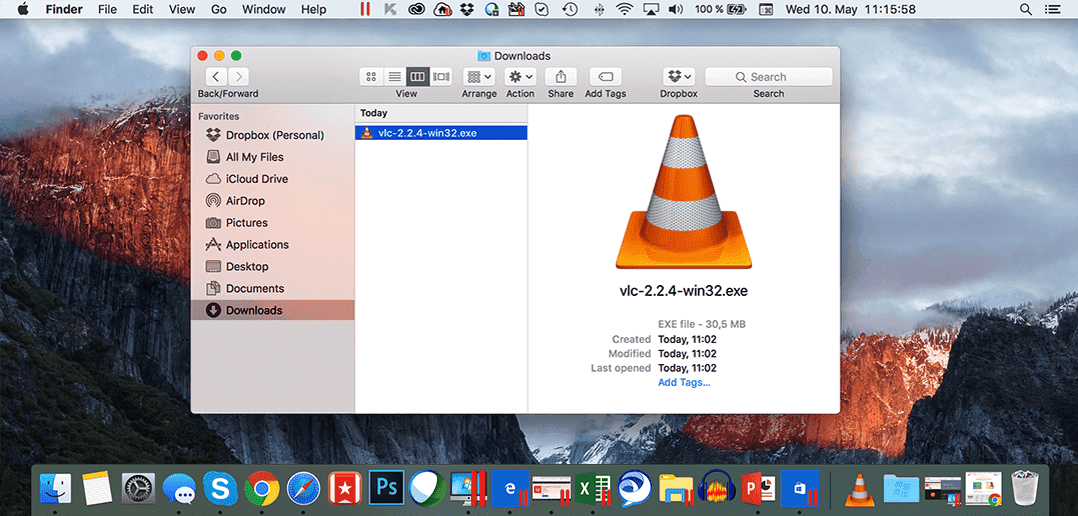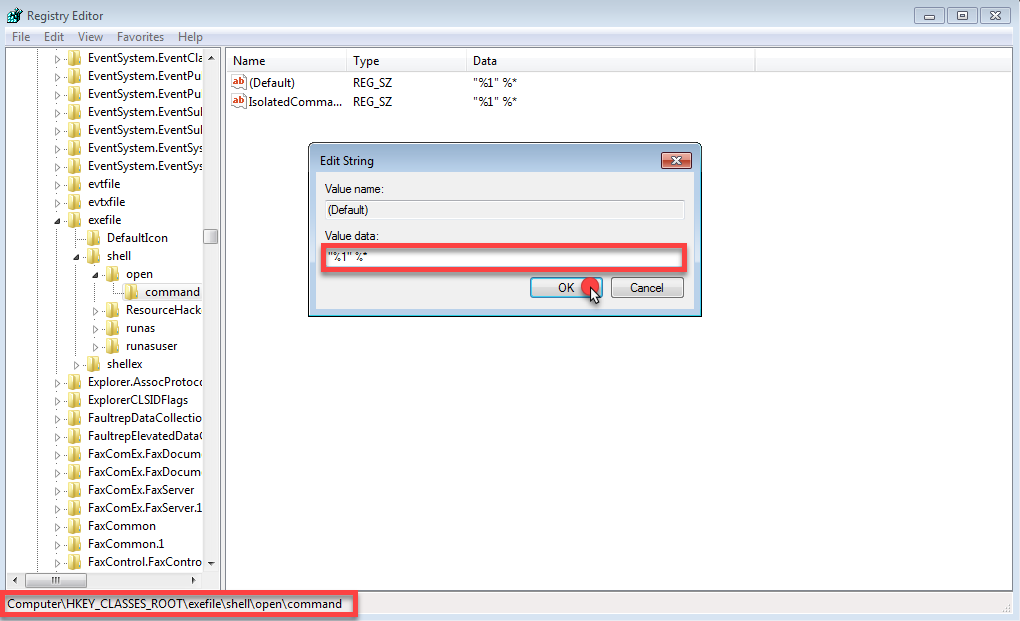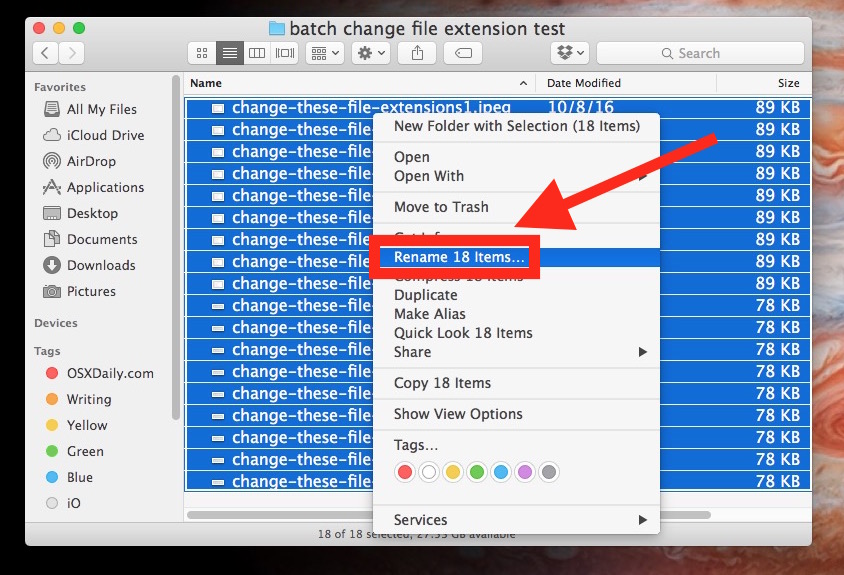

- #MAC EXECUTABLE FILE TYPES MAC OS X#
- #MAC EXECUTABLE FILE TYPES .EXE#
- #MAC EXECUTABLE FILE TYPES WINDOWS 10#
- #MAC EXECUTABLE FILE TYPES WINDOWS#
FAT32, NTFS both seem to do ok with it most times). They should use a compression (.zip usually works) that preserves resource fork information, or store the files on a file system that retains this information (MS-DOS format = yuck for resource forks. There's not much you can do to get around the problem without teaching the clients new tricks.
#MAC EXECUTABLE FILE TYPES WINDOWS#
Windows machines know nothing of reading/writing Mac-compatible resource forks.Ģ) The files originated on a Mac, but were either transferred with a protocol or compressed with a program that ignores or strips files of that resource fork information.
#MAC EXECUTABLE FILE TYPES .EXE#
EXE file extension and are often referred to as 'EXE files.' On Macintosh computers, compiled programs have an. On Windows systems, compiled programs have an. doc extension to associate the file with Word.ġ) The files originated from a Windows machine (or some non-Apple operating system) and no extension was put on the file. The two primary types of executable files are 1) compiled programs and 2) scripts. This doesn't happen with files with extensions most of the time, because even if a Word document lost its resource fork (type/creator codes, specifically) information, it could still use the.
#MAC EXECUTABLE FILE TYPES MAC OS X#
Setup files in Windows are also often provided in *.What's happening is that Mac OS X can't read the file's resource fork (and, since there's no extension on those files either, it can't even "guess"), and therefore doesn't know what the file is.
#MAC EXECUTABLE FILE TYPES WINDOWS 10#
Windows 10 also has the ability to run Linux ELF binaries with the introduction of windows-subsystem-for-linux Raw binary instructions in old *.com formatīut depending on Windows version some of those formats may not be executable.In summary classic Windows executable can be

Any files beginning with MZ (which is the signature for the MZ format) will be treated as an executable file Nevertheless Windows doesn't actually uses the file extension to determine the file format. The main difference between executable and non executable files is that the executable files are directly executed by the CPU while the non executable files are not directly executed by the CPU. MSCĪs you can see there are other executable file types that Windows will run (without an extension), but most of them are scripts and not binary executables The default value of the variable is like this >echo %pathext% If you run a command without an extension Windows will append the extensions in the %pathext% environment variable and search until it find the first file with that name. Note that *.exe is just the "container" that contains various executable formats Windows inherited those so it also supports *.com and *.exe. In DOS there were 2 executable file extensions: *.COM and *.EXE. Outside of the GUI, in the actual file structure, Mac and Windows systems are really quite similar these differences are mostly a question of how the system presents things to the user for manipulation in the GUI.Įvery executable file in Windows has extension of. app bundle will execute the internal executable and load your application. On OS X, all those other files, along with the primary executable, are contained in a "bundle" (really a folder) with the extension.

exe executable file, which resides in a folder that contains other files and information that the program uses.

The big difference in what a user sees if using the GUI is that on Windows, you usually see the. When you double-click on one, the system mounts it and you then have access to the files inside.īoth Windows and OS X execute binary executable files, although they are in different formats. They are files that act as discs, which often contain the executables and other files for applications. Extensions don't actually change what type of file something is, although they often do hint to the system what do do with a particular item.ĭMGs are not executables, they are disc images.


 0 kommentar(er)
0 kommentar(er)
